Smart Home
The Impact of Smart Home Technology on Real Estate
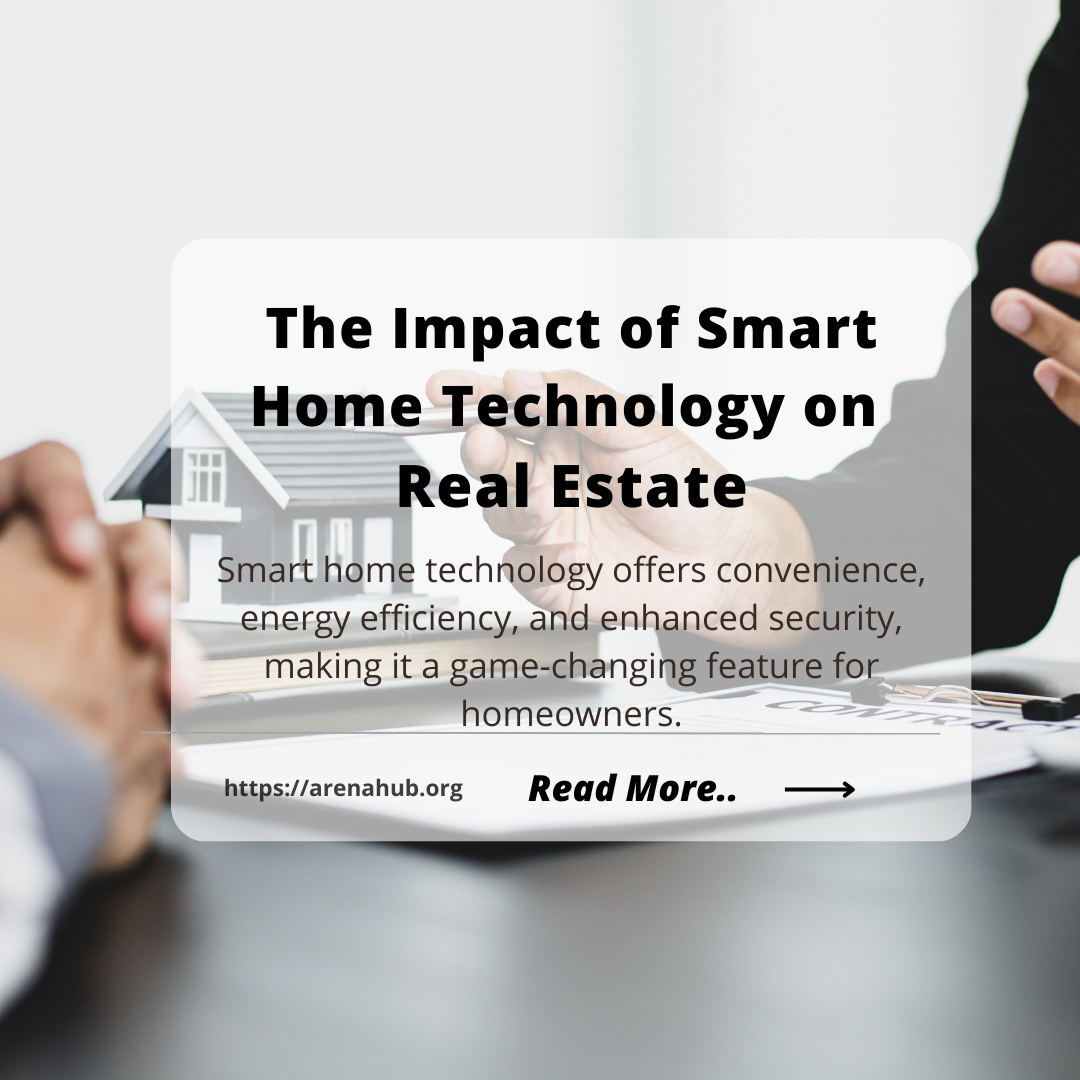
The Impact of Smart Home Technology on Real Estate
The Impact of Smart Home Technology on the Real Estate Market
In recent years, smart home technology has gained popularity among homeowners. This technology has a significant impact on the real estate market, as it has become one of the most desirable features in homes. Smart home technology offers convenience, energy efficiency, and enhanced security, making it a game-changing feature for homeowners. In this article, we will explore the impact of smart home technology on the real estate market.
What is Smart Home Technology?
Smart home technology refers to any device or appliance connected to the internet and can be remotely controlled through a mobile app or voice command. This technology allows homeowners to control and automate various systems in their homes, such as lighting, heating, security, and entertainment. Smart home technology uses sensors, cameras, and other advanced devices to collect data and provide automated functions.
The Impact of Smart Home Technology on Real Estate Market
Smart home technology has revolutionized the way homes are bought and sold. According to a study by Coldwell Banker Real Estate, 32% of homebuyers are willing to pay more for smart home technology. This shows that smart home technology has become a must-have feature in homes, and it can potentially increase the value of a property.
Smart home technology has several advantages, including increased convenience, energy efficiency, and enhanced security. The convenience of controlling various systems in a home through a mobile app or voice command is a major selling point for homebuyers. Smart home technology can also help homeowners save money on energy bills by automatically adjusting temperature settings and turning off lights when not in use.
Additionally, smart home technology provides enhanced security features that can keep homeowners and their properties safe. Smart home security systems use advanced sensors, cameras, and alarms to detect any suspicious activity and alert homeowners immediately. This gives homeowners peace of mind knowing that their homes are protected even when they are not there.
The Growing Demand for Smart Home Technology
The demand for smart home technology continues to grow as more homeowners are becoming aware of its benefits. The global smart home market is expected to reach $158 billion by 2024, according to a report by ResearchAndMarkets.com. This shows that smart home technology is not just a passing trend, but a permanent fixture in the real estate market.
Homeowners are also looking for ways to integrate smart home technology into their existing homes. Companies like Amazon, Google, and Apple have made it easier for homeowners to add smart home technology to their homes by creating devices that are compatible with various systems. This means that homeowners can install smart home devices without having to remodel their homes.
The Advancements in Smart Home Technology
As smart home technology continues to advance, it is expected to have even more impact on the real estate market. Technology companies are constantly innovating and creating new devices that can connect and automate various home systems. For example, smart home devices can now monitor water usage and detect leaks, which can potentially save homeowners thousands of dollars in repair costs.
Another area where smart home technology is expected to have an impact is the development of smart cities. Smart cities use advanced technology to improve the efficiency of various systems in a city, such as transportation, energy, and waste management. This technology can potentially make cities more sustainable and efficient, which can attract more residents and increase property values.
Another area where smart home technology is expected to have an impact is the Faster purchasing rate. As homebuyers become more attracted to technologically based solutions, current trends suggest that properties with smart home equipment tend to sell quickly. Homes with pre-installed smart home technology remove the need for purchasers to independently acquire and install these devices, which is unquestionably a benefit!
Undoubtedly, one of the most important considerations for a prospective buyer is a home’s resale value. The improved resale value of smart homes is one of the biggest effects of smart-home technologies. This is not surprising given that a property’s value is largely based on the facilities it provides, allowing smart home technology to increase resale values. Rent for smart houses can be greater than for comparable properties without smart-home equipment due to the enhanced value.
Encourages Millennial Buyers
Tech-savvy young people who are continuously looking for ways to improve their lives through technology are the main target market for smart home technologies. With the younger demographic entering the real estate market, smart home technology has given homes a way to appeal to their needs. However, smart devices offer a variety of features and solutions that appeal to people across communities and generations, so the target market for smart homes is not just limited to millennials.
The Potential Challenges of Smart Home Technology
As with any new technology, there are potential challenges that come with smart home technology. One of the main challenges is cybersecurity. Smart home devices are vulnerable to hacking, and if a device is compromised, it can potentially give cybercriminals access to a homeowner’s personal information.
Another potential challenge is compatibility. With so many different devices and systems on the market, it can be challenging to ensure that they are all compatible with each other. This can frustrate homeowners who want their various devices to work together seamlessly.
Conclusion
Smart home technology has become a permanent fixture in the real estate market. It is no longer just a luxury feature, but a must-have for many homebuyers. Smart home technology offers convenience, energy efficiency, and enhanced security, making it a game-changing feature for homeowners. As smart home technology continues to advance, it is expected to have even more impact on the real estate market.

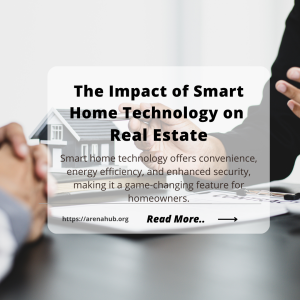
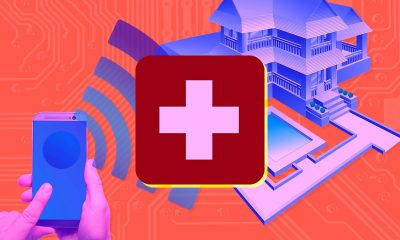

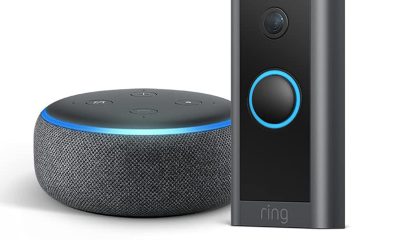



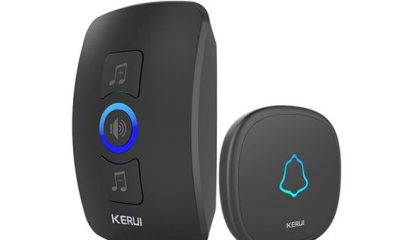

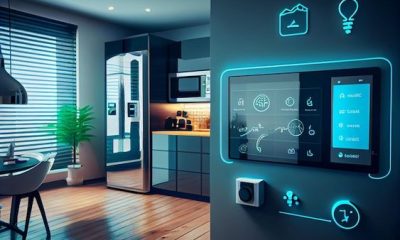











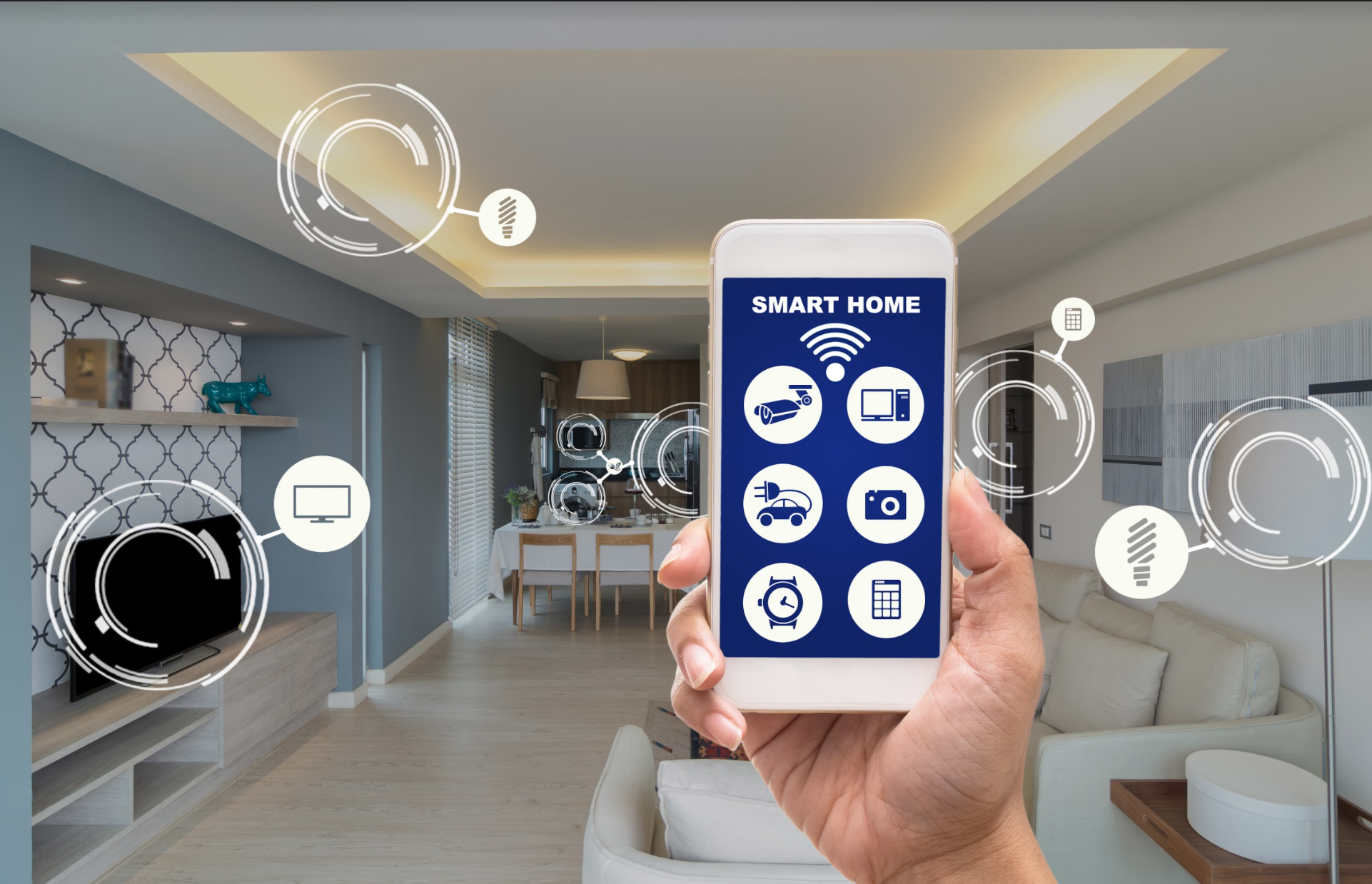
Pingback: 7 Best Home Automation Systems 2023 » ArenaHub